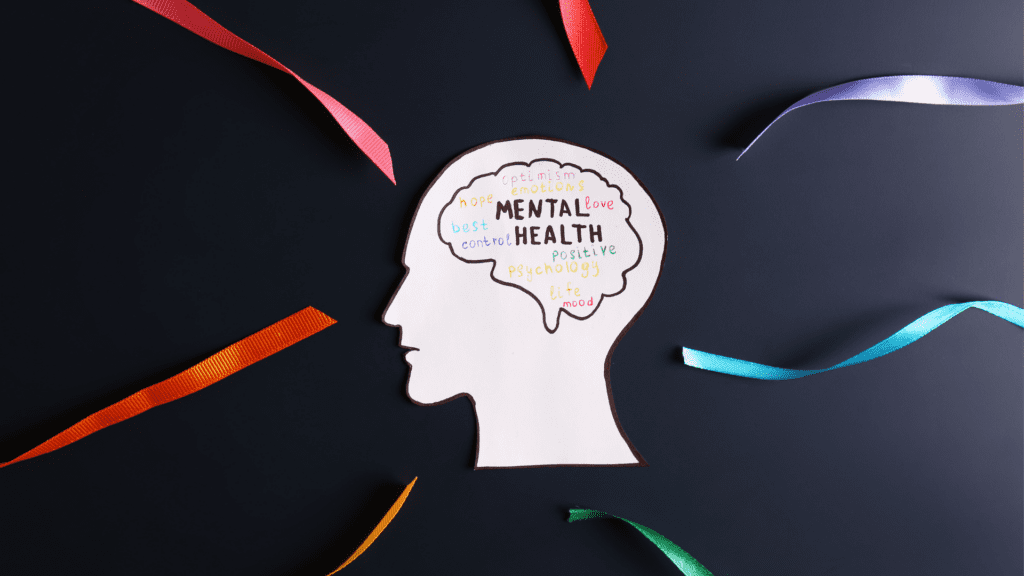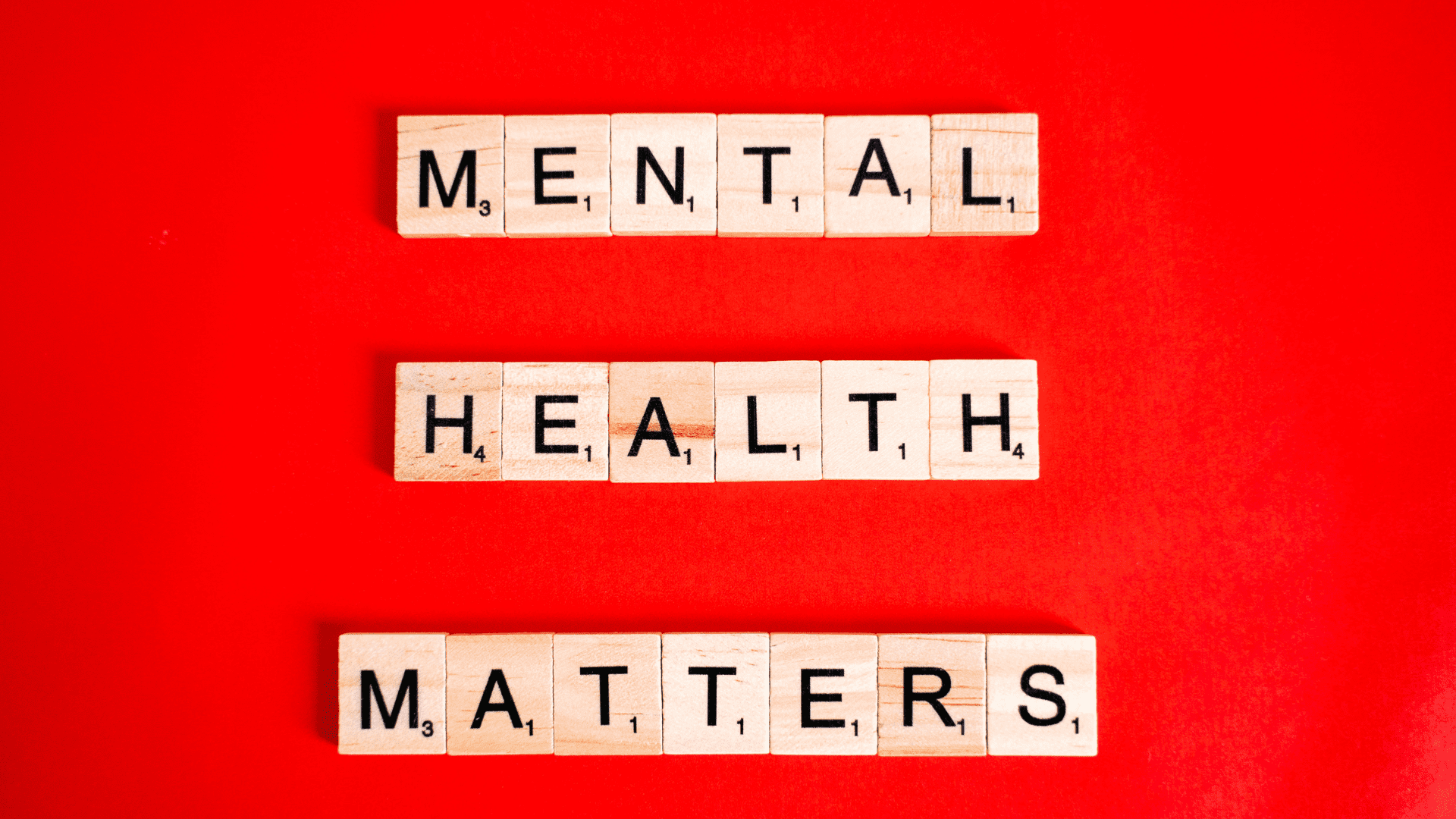In today’s world, mental health awareness is on the rise. Yet, paradoxically, many individuals still struggle to seek the help they need, even when they recognize signs of distress. This phenomenon, known as the “mental health avoidance paradox,” is a complex interplay of neuroscientific, psychological, and societal factors that can keep us trapped in a cycle of inaction.
Understanding the Neuroscience Behind Mental Health Avoidance
Our brains are wired to seek pleasure and avoid pain, a fundamental principle rooted in our evolutionary history. When faced with the prospect of confronting difficult emotions or traumatic experiences, our brain’s reward system can perceive this as a potential threat, triggering avoidance behaviors as a protective mechanism.The amygdala, a small almond-shaped structure in the brain, plays a crucial role in processing emotions, particularly fear and anxiety. When we anticipate the discomfort associated with seeking mental health support, the amygdala may activate a fight-or-flight response, leading us to unconsciously avoid the perceived threat.
Psychological Factors Contributing to Mental Health Avoidance
Fear of Vulnerability
Opening up about mental health struggles requires a significant level of vulnerability. This fear of vulnerability is deeply rooted in our psychological makeup and can be a major barrier to seeking help. Concerns about appearing weak, being judged, or losing control often contribute to mental health avoidance.
Stigma and Self-Stigma
Despite increasing awareness, mental health stigma remains a significant obstacle. Public stigma, structural stigma, and self-stigma all play roles in perpetuating mental health avoidance. Self-stigma, in particular, can be damaging as it leads to decreased self-esteem and self-efficacy, further reinforcing avoidance behaviors.
The Path of Least Resistance: Why We Choose Mental Health Avoidance

Avoiding Painful Emotions
Confronting our mental health challenges often means facing painful emotions head-on, a prospect that can be daunting and overwhelming. As a coping mechanism, we may unconsciously choose to avoid these difficult feelings, opting for the path of least resistance in the short term.
Procrastination and Denial
Procrastination and denial are common defense mechanisms that can prevent us from taking action towards our mental well-being. We may rationalize our mental health avoidance by convincing ourselves that our struggles are temporary or not severe enough to warrant professional help.
Societal and Cultural Influences on Mental Health Avoidance
Cultural Norms and Expectations
Cultural norms and expectations can significantly influence mental health avoidance. In some cultures, discussing mental health issues is taboo, and seeking help may be seen as a sign of weakness. This cultural stigma can discourage individuals from acknowledging their mental health needs and seeking appropriate support.
Historical Distrust in Healthcare Systems
Historical distrust in healthcare systems, particularly among marginalized communities, can also contribute to mental health avoidance. For example, African American and Native American communities have experienced systemic discrimination and mistreatment in medical settings, leading to a deep-seated mistrust that extends to mental health services.
Economic and Systemic Barriers
Cost and Accessibility
Financial concerns remain a significant obstacle for many individuals seeking mental health support. The cost of therapy, medication, and other treatments can be prohibitive, especially for those without adequate insurance coverage. Additionally, limited availability of mental health professionals in certain areas can make accessing care challenging.
Structural Stigma
Systemic issues, such as limited funding for mental health research and services, can create structural barriers to accessing care. This lack of resources can result in long wait times, inadequate treatment options, and a general lack of support for those in need.
Breaking the Cycle: Overcoming Mental Health Avoidance
While the barriers to seeking mental health support can seem formidable, it is possible to break the cycle of avoidance. Here are some steps you can take:
Cultivate Self-Awareness
Developing a deeper understanding of your thoughts, emotions, and behaviors can help you recognize when avoidance patterns are emerging. Practices like mindfulness, journaling, or therapy can foster self-awareness and provide valuable insights into your mental health avoidance tendencies.
Challenge Negative Beliefs
Identify and challenge the negative beliefs or self-stigma that may be contributing to your mental health avoidance. Reframe these beliefs with more compassionate and empowering perspectives, recognizing that seeking help is a sign of strength, not weakness.
Build a Support System
Surround yourself with a network of supportive individuals who can encourage and motivate you on your journey towards better mental health. This can include friends, family members, or support groups that understand the challenges you’re facing and can help you overcome mental health avoidance.
Start Small
If the idea of seeking professional help feels overwhelming, start with small steps to combat mental health avoidance. Engage in self-care activities, explore online resources, or attend a support group meeting. These incremental steps can build confidence and momentum towards seeking more comprehensive support.

Prioritize Your Well-Being
Ultimately, prioritizing your mental health and well-being is an act of self-love and self-preservation. Remind yourself that you deserve to feel better, and that seeking help is a courageous step towards a more fulfilling and balanced life. Remember, overcoming the paradox of mental health avoidance is a journey, and it’s okay to take it one step at a time. By understanding the underlying factors and embracing self-compassion, you can break free from the cycle and embark on a path towards improved mental well-being.
The Importance of Professional Help
While self-help strategies can be beneficial, it’s crucial to remember that overcoming mental health avoidance often requires professional support. Mental health professionals are trained to help individuals navigate complex emotional challenges and develop effective coping strategies.
Conclusion: Embracing Mental Health Support
Understanding the mental health avoidance paradox is the first step towards overcoming it. By recognizing the neuroscientific and psychological factors at play, we can begin to challenge our avoidance behaviors and take proactive steps towards better mental health.Remember, seeking help for mental health concerns is a courageous act of self-care. It’s okay to start small, but don’t let mental health avoidance prevent you from accessing the support you need and deserve. By breaking free from the cycle of avoidance, you open the door to improved well-being and a more fulfilling life.



